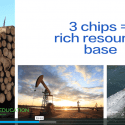
In this interactive classroom simulation, students take on the roles of different countries to explore how global...
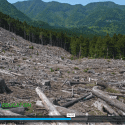
In two interactive simulation games, students develop and apply short-term consumption strategies to maximize shared group resources...
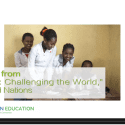
Students explore the global impact of girls’ education by analyzing a dialogue between two Ethiopian girls, viewing...
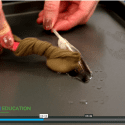
In this engaging, standards-aligned STEM lesson, students use the engineering design process to research, design, build, and...
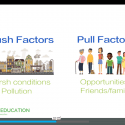
This interactive social studies and geography activity has students take part in a push-pull migration simulation to...

In this hands-on environmental science and geography lesson, students engage with the interactive story “Who Polluted the...

Students begin by observing a brief but powerful demonstration of how Earth’s freshwater is distributed across the...
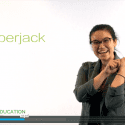
In this interactive forest sustainability and environmental science simulation, students take on roles within a forest management...
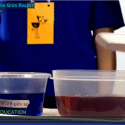
This quick and visual demonstration uses water and measuring cups to model how population increases when the...
PopEd Impact
campuses
"The activities not only bring out important content, but they also provide real-world context for environmental, population and sustainability issues. They engage participants in very thought-provoking and critical-thinking discussions.”
Helen de la Maza, Environmental Educator, Irvine, CA

